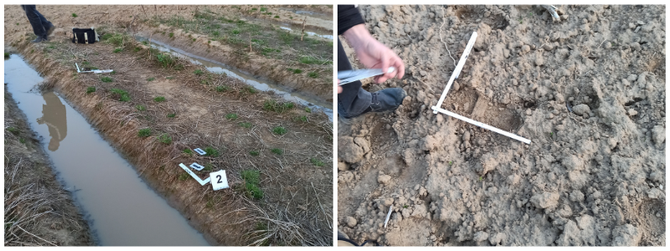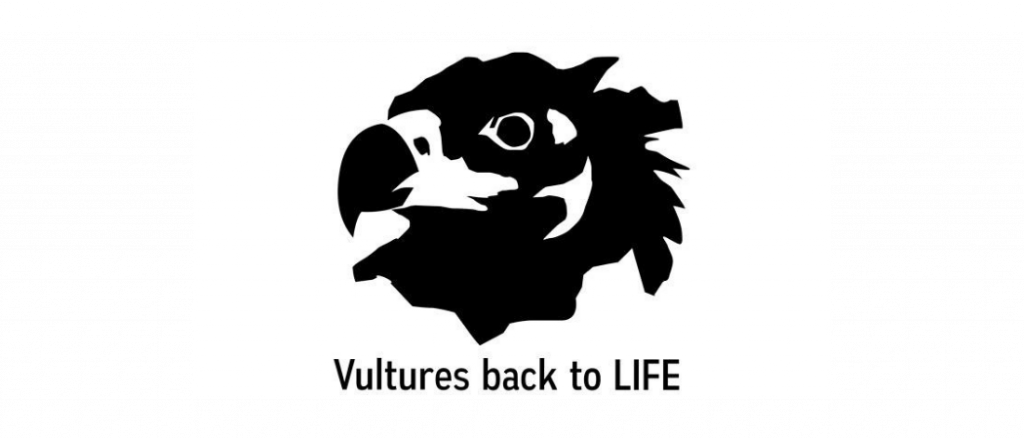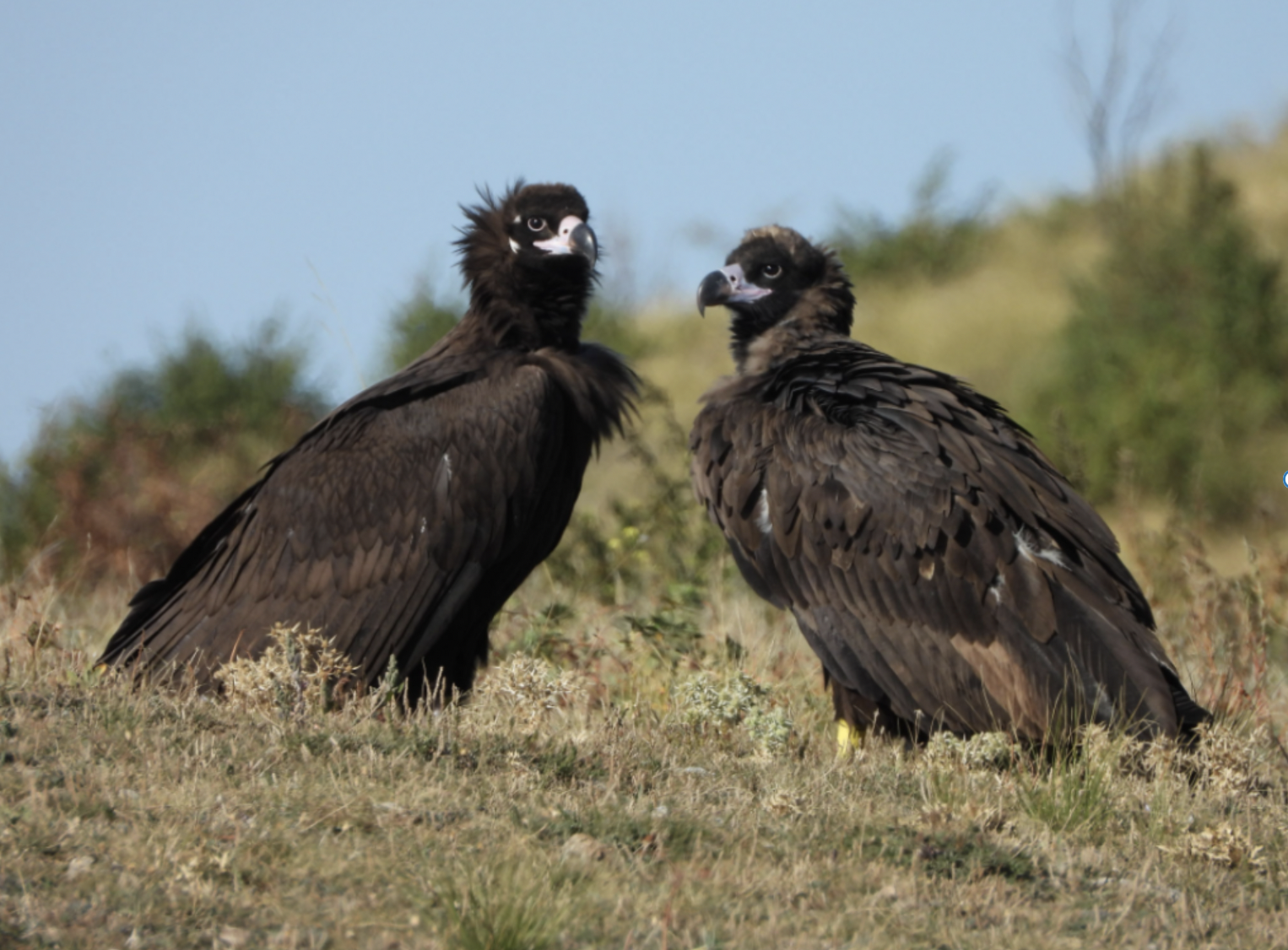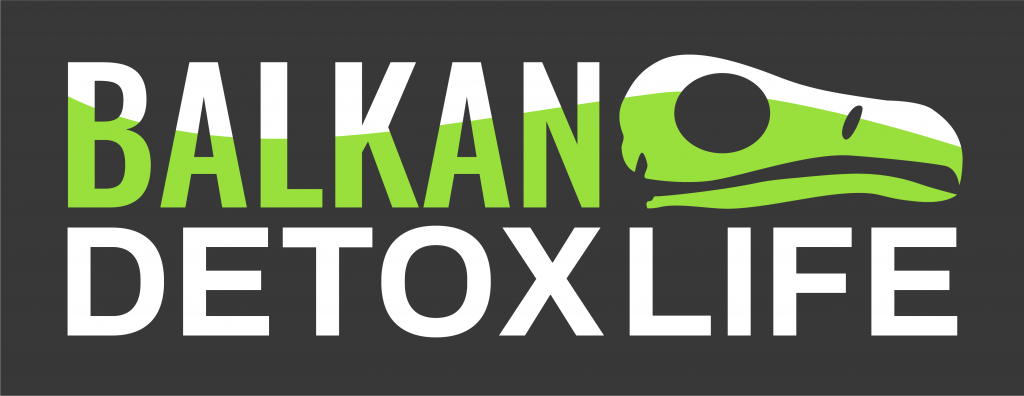Four hunters were caught and prosecuted in Hungary for wildlife crime following an investigation led by the National Investigation Bureau of the Emergency Police (KR NNI). The authorities charged the hunters for the killing of ”Ichera”, a GPS-tagged Spanish Cinereous Vulture (Aegypius monachus) released in Bulgaria, and of 4 Common buzzards (Buteo buteo). In Hungary, the species has a strictly protected status, and the presence of Ichera was rare as it was the third proven individual of the species in the country since 1932.
Ichera, an important part of reintroduction efforts
Ichera fledged in Spain in 2019 but got hit by a car in the same year and needed rescuing and rehabilitation. In 2020, Ichera was one of the Cinereous Vultures selected for the Vulture’s Back to LIFE reintroduction project. Following the extensive collaboration and coordination by the Junta de Extremadura, AMUS and the Vulture Conservation Foundation, Ichera safely made it to Bulgaria. The project team released the vulture into the wild in April 2021. One month later, Ichera flew up north, crossed Serbia, Romania and finally arrived at East Hungary, Szabolcs-Szatmár-Bereg county, where it disappeared.

Field search launches to determine what happened
It all started in June 2021, when our Bulgarian partners, the Green Balkans, received suspicious data from Ichera’s GPS transmitter, who had released the bird into the wild just a couple of months before. After being warned, professionals from PannonEagle Life+ (MME Birdlife Hungary) and Hortobágy National Park Rangers found the GPS transmitter. Further field search with a specialized dog unit provided additional evidence – feathers, blood marks and footprints – and the case was handled by the police.

Investigation leads to prosecution for wildlife crime
The crimes, which occurred between June and November 2021, were an attempt to reduce the number of birds of prey in the region, according to information shared by the Hungarian Police. After a long investigation that involved MME’s (Birdlife Hungary) specialized dog unit, Hortobágy National Park Rangers, and local and national authorities, the hunter who shot the Cinereous Vulture was finally identified.

The Hungarian Police reports that the bird, perched on a tree, was shot dead and its carcass was thrown into a nearby river by other two hunters who were alarmed by the GPS transmitter. The hunter who shot Ichera was charged with one crime while the others with multiple crimes, as they were also associated with trapping and killing 4 Common buzzards.
Cinereous Vultures are rare and protected
Vultures, just like other scavengers, play an important role in our ecosystem. They are capable of consuming large amounts of carcasses, potentially preventing outbreaks of pathogens that can endanger livestock and human health.
In Hungary, the species has a strictly protected status, and by killing an individual, the offender is committing a serious crime of destroying natural value as well as the crime of poaching. The national authorities’ commitment and the prosecution of these hunters represent a step forward in the fight against poaching and wildlife crime and show that through effective cooperation we can secure a safer future for vultures and other protected species in Europe.
Importance of combating wildlife crime in the Balkans
This incident shows us once again that wildlife knows no borders and the importance of convicting and prosecuting wildlife crimes such as illegal wildlife poisoning, vultures’ biggest threat, to deter offenders and reduce these illicit activities. In the Balkans, the Wildlife Crime Academy, organised within the BalkanDetox LIFE project, is playing a pivotal role in building capacities for law enforcement agencies and enhancing engagement and collaboration among competent authorities to effectively investigate, manage and tackle illegal wildlife poisoning incidents across seven Balkan countries.
Vultures Back to LIFE

The Vultures Back to LIFE project, led by the wildlife conservation charity Green Balkans in collaboration with the Fund for Wild Flora and Fauna, Vulture Conservation Foundation, Junta de Extremadura and Euronatur, reintroduced the Cinereous or Eurasian Black Vulture to Bulgaria. Between 2015-2022, the team transferred and released over 60 birds into the wild, some from captive breeding but mostly coming from Spanish wildlife rehabilitation centres.
The project also established supplementary feeding stations, boosted the populations of wild herbivores, created artificial nest sites and, among other actions, mitigated major threats to vultures in the country by insulating electricity pylons and combating illegal wildlife poisoning.


















